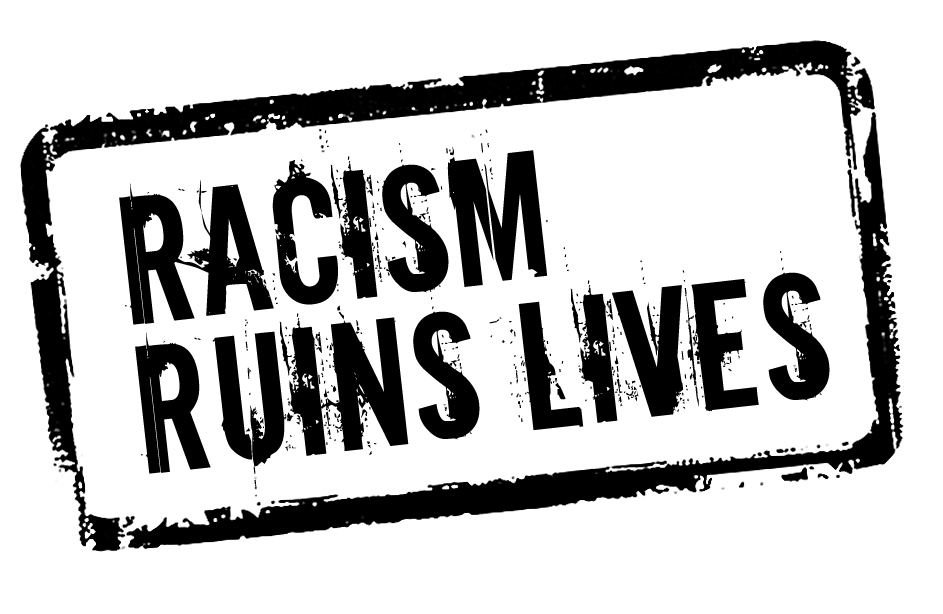I am not a regular HR guy. I'm not exactly sure what a regular HR guy is; but if it involves avoiding social media, using a fax machine, clinging to a policy manual or being so timid that no one respects you, then I would say that's a regular HR guy. That's simply not me.
I like to push the limits of how things are done in HR. My team has to be the most patient group of human resources professionals on the planet. They put up with my crazy ideas on a regular basis (read here --> weekly.) Thank you team...you rock!
However...
Taking risks and testing new strategies may sound sexy, but that doesn't mean they always work. In fact, many new ideas typically don't work. But if the culture is set up the proper way, the failures only fuel the desire to keep pushing the limits of accepted HR approaches without fear of reprisal.
So what happens when those new and exciting tactics don't pan out? What happens when the HR leader is trying things that don't have an industry benchmark or best practice?
What expectations are set when these new-fangled approaches are launched with passion and confidence, but evolve on a different timetable than originally anticipated and communicated?
That's Why We Call Them Comfort Zones
I must be wired a bit differently than most. Why? I can't stand feeling like I'm in a routine for any length of time. Sure, I have my daily rituals (commute, coffee, favorite apps to stay organzied) that bring a sense of control to my chaotic and fast-paced world of work. I'm not talking about that.
"What makes me uncomfortable is the feeling that I've stopped moving forward. I don't want to be the follower. I don't want to be the one that learns from everyone else's mistakes. I want to make the mistakes. I want to overpromise sometimes, because playing it safe is lame. When was the last time you heard of breakthrough leadership from someone who underpromised?"
I understand now, finally, why others relish their comfort zones...and that's okay.
Change + Risk = Danger
I've written multiple times about the wild ride I'm on this year. Exciting, once-in-a-career type changes going on all around me, and I have the privilege of helping stir the pot...on purpose! But I'm still pushing the limits of the HR space in my industry. (Or at least I think I am.) Maybe that combination is too risky? Maybe it's not risky enough? Should I be doing more? Is it time to ease off the throttle? Is everyone exhausted around me? (I know the answer to the last one.)
What risks to my current role are there among so many changes, new ideas, successes, and even more new ideas on top of those successes? Plenty, I'm sure.
How About You
Are you living dangerously this year? How so? What are you doing that pushes your world of work to the limit? How does your organization (remember, organizations are people!) perceive what you're up to?
I'd love to hear from you.








